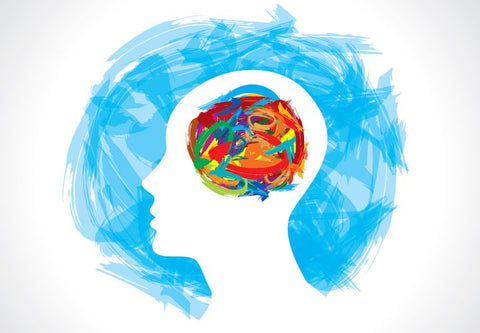How to recover:
Sleep

Most athletes will tell you how important sleep is. While the number of hours is important, most people require different amounts of sleep, from 6-9 hours. Generally, 7-8 is the best target. Instead of focusing on number of hours of sleep, consider your quality of sleep. Do you feel well rested when you wake up? Do you fall asleep quickly? Do you get REM sleep, or is it light? How many times do you wake up at night (a few times isn’t a problem, more is though)?
Improve the quality of your sleep so you don’t need as much. Avoid caffeine, UV light (computer/tv/phone screens), loud noises, or food close to bed-time. Improve your sleeping environment for what you prefer: temperature?, no light, no abrupt noises, mattress/pillow?, “gentle” wake up?. Make sure you sleep deeply. Don’t’ go to bed hungry/thirsty, or drink tons of water, consider sleep aids such as magnesium, melatonin, or herbal teas, don’t drink alcohol, relax your mind with mediation or breathing exercise. As a general rule, if you are falling asleep during the middle of the day, skip/shorten your workout and take a nap instead. On rest weeks, “treat” yourself to an extra hour of sleep.
Mentally

Your brain needs recovery just like your body. In training, we produce stress hormones, deplete macro-nutrients also used by our brain, use up willpower to perform the training, and distract focused time away from other important activities. Try to find ways to boost your mental recover outside of training times. This can include walks in the park, yoga/meditation, social activities with friends, getting ahead on school/lab work, doing another hobby, focusing on brain nutrition, or simply sleeping. Find what works for you, and don’t forget about this aspect.
How do you know when you are over-trained or burned out? Sometimes writing off poor performance to stress makes you over look other problems! Pay attention to your body and try to understand when you are capable of putting in the effort, and what is too much. "Mentally" also means that life stresses can be affecting your training. School, classes, personal situations can make your body react poorly to a previously-healthy-exercise
Physically

Physical recovery starts during the workout. In most cases, a complete warm-up and cool-down are very important. Static and dynamic stretching are points of contention, but see what works for you. Pay attention to if you are tight or perform motions incorrectly. Consider doing easy drills in your resting periods to help you offset any movement imperfections. Compression and ice are arguably tools that you can consider for helping your muscles feel better days after a workout.If you feel pain, stop, ice, rest, and compress. Pain is usually your bodies way of telling you that something is wrong.
Nutritionally

This is a very personal topic, find what works for you, seek out resources, and talk to teammates. Fuel your training with what is required. Your body will recover and perform better if you are giving it the fuel it needs while training. This is inclusive of pre-, during, and post-fuel. Eat real food for overall health. Ready-to-go fuel and recovery foods are good when you are time-strapped. See what works for you and read up on it. Overload your body with whole-food sources of micronutrients. Seek out vegetable sources as much as your stomach can handle. Pay attention to getting in the required minerals for energy metabolism and body repair.
by Sam Nicaise, 2013
